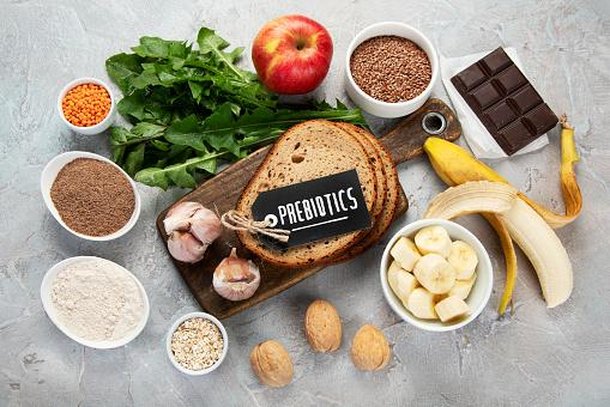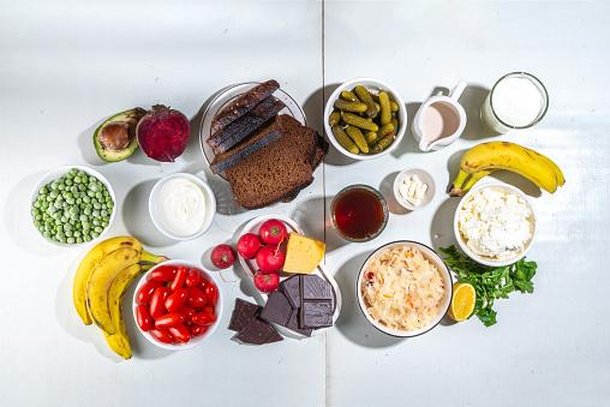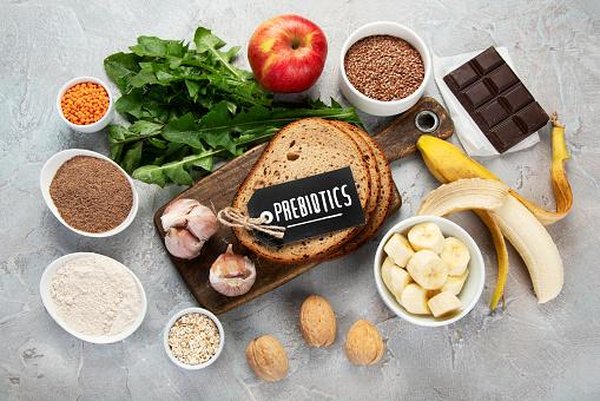If you are looking for a way to improve your digestive health and strengthen your immune system, you may want to consider including prebiotic foods in your diet.
They are specific types of dietary fiber that serve as food for the beneficial bacteria that live naturally in the human digestive system. In addition, prebiotics help promote the growth of these beneficial bacteria, allowing them to multiply and thrive in our gut!
Why are prebiotics important?

The beneficial bacteria that inhabit our digestive tract play a major role in keeping us healthy. These bacteria help digest food, produce essential vitamins and minerals, and help keep our immune system strong and healthy.
By providing food for these bacteria, prebiotics help promote the growth of a healthy community of microorganisms in our gut, which can have a significant impact on our overall health.
Additionally, studies show that including prebiotics in the diet can help reduce inflammation, improve nutrient absorption, and even help prevent chronic diseases like diabetes and heart disease.
Additional benefits

In addition to helping to maintain a healthy digestive system, prebiotics are being increasingly used in the beauty world, particularly in skin care. When applied topically, prebiotics can help balance the microbial flora in the skin, promoting a healthy environment that is conducive to the growth of beneficial bacteria. This can help reduce inflammation, prevent acne, and improve the overall appearance of your skin.
Some studies have shown that prebiotics can even help strengthen the skin barrier, reduce transepidermal water loss, and improve skin hydration. As a result, many skin care brands are including prebiotics in their products, providing consumers with a natural and effective way to take care of their skin from the inside out.
Where can we find prebiotics?

They are found in a variety of common foods such as onions, garlic, bananas, asparagus, and artichokes. In addition, many types of grains and legumes, such as beans, lentils and chickpeas, are also rich in this type of fiber.
While they can be found naturally in many foods, some people choose to take prebiotic supplements to ensure they get adequate amounts in their diets. However, it is important to remember that its excessive consumption can lead to side effects such as bloating, gas, and diarrhea.

“Writer. Analyst. Avid travel maven. Devoted twitter guru. Unapologetic pop culture expert. General zombie enthusiast.”


